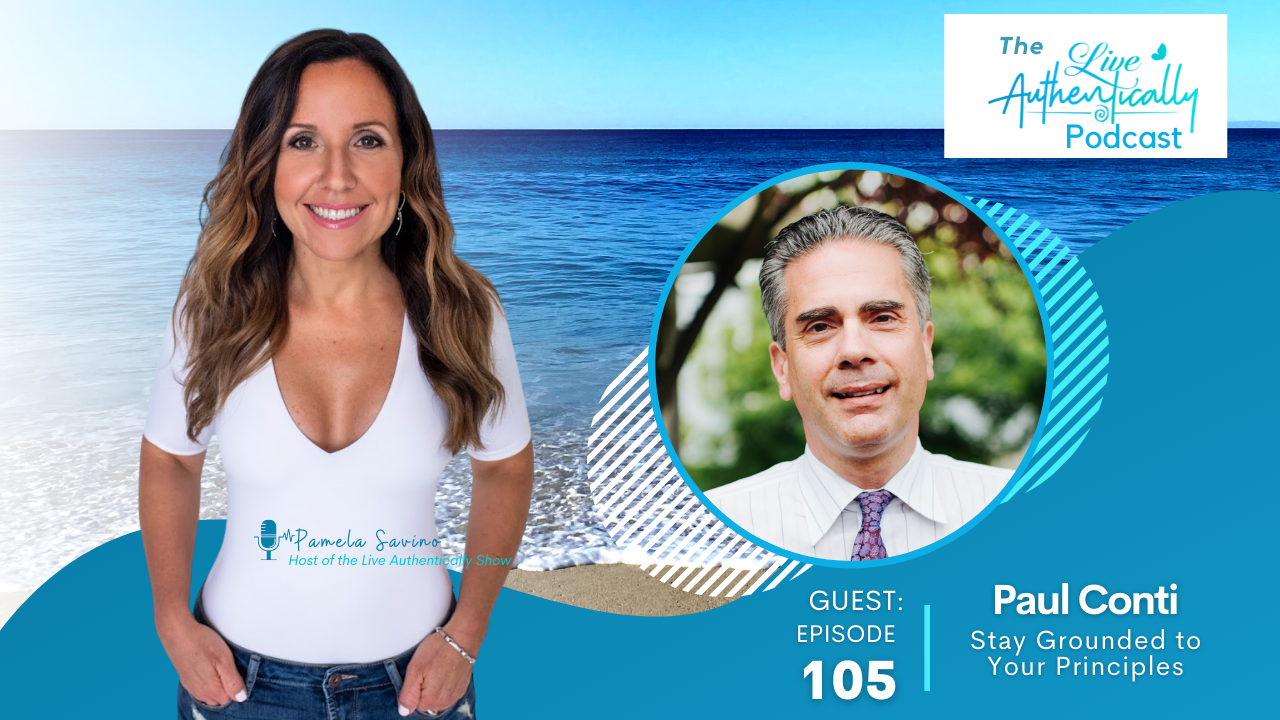This episode features Paul Conti, M.D., a Stanford University School of Medicine graduate. Dr. Conti was appointed chief resident after completing psychiatry training at Stanford and Harvard. Before moving to Portland, Oregon and founding a clinic, he served on the Harvard medical faculty.
He serves patients and clients throughout the United States and internationally, including the Executive Leadership of Large Corporations. Dr. Conti specializes in health and performance optimization as well as complex assessment and problem-solving. His most recent book is “Trauma: The Invisible Epidemic.”
In this episode, Dr. Paul Conti explains his journey through the unknowns, trauma and tragedy of his life and career while still being grounded to his principles. He delves into the topic of his most recent book, talking about how his brother committed suicide and how he processes that trauma and the feelings of shame.
The topic also touches on overall trauma, how no one has control over whether or not they have it, how many people don’t realize they have trauma, and how to rethink your thoughts and internal dialogue so that you can combat it.
Dr. Conti goes over other real-life, everyday examples of trauma, such as having a different gender identity and expression than what is acceptable by society at large.
He mentions how trauma changes the brain, turning it into a place of higher vigilance. Dr. Conti also talks about how trauma affects everyday life without people realizing it. Trauma can change sleep, stress levels, mood, anxiety levels and behavioral choices.
However, the episode doesn’t solely focus on the bad of trauma but also on how someone can be transformed in the healing process by seeking treatment for it.
Medicines can help treat trauma over time by increasing sleep, improving mood and decreasing anxiety. Besides medicine, talking and exploring how the traumatic situation made you feel in support groups, with friends or family, or with a counselor also can help.
“Empowerment is the enemy of trauma,” Dr. Conti says and explores in this episode. He talks about how trauma tries to tell people that their cupboards are bare and there is nothing left, even when that is not true, and how that affects the overall body.
To learn more, watch this episode and read his book.
